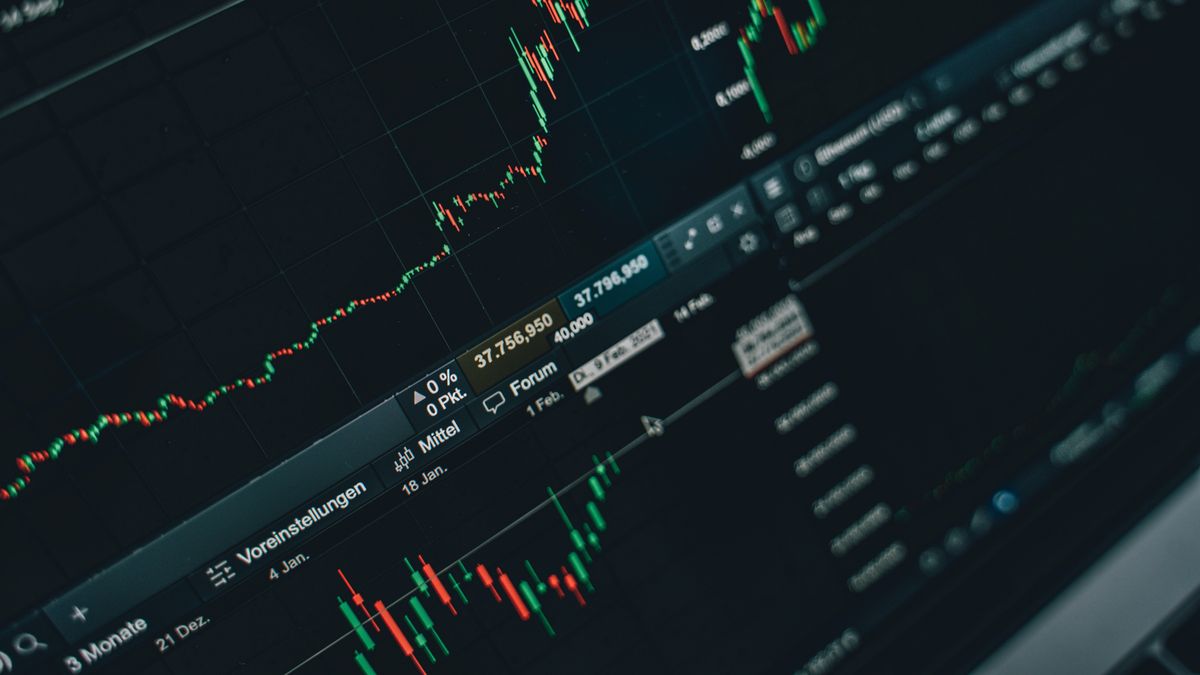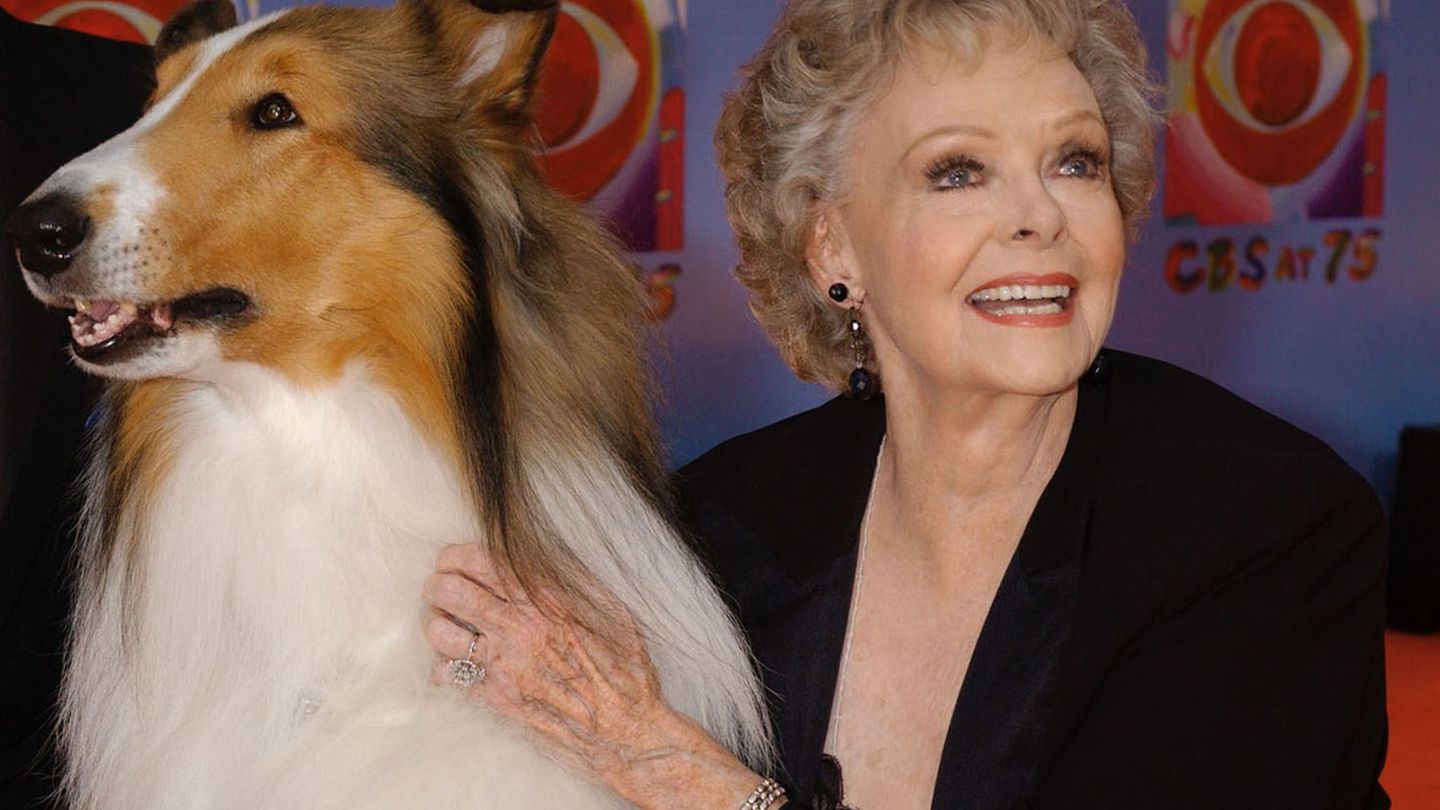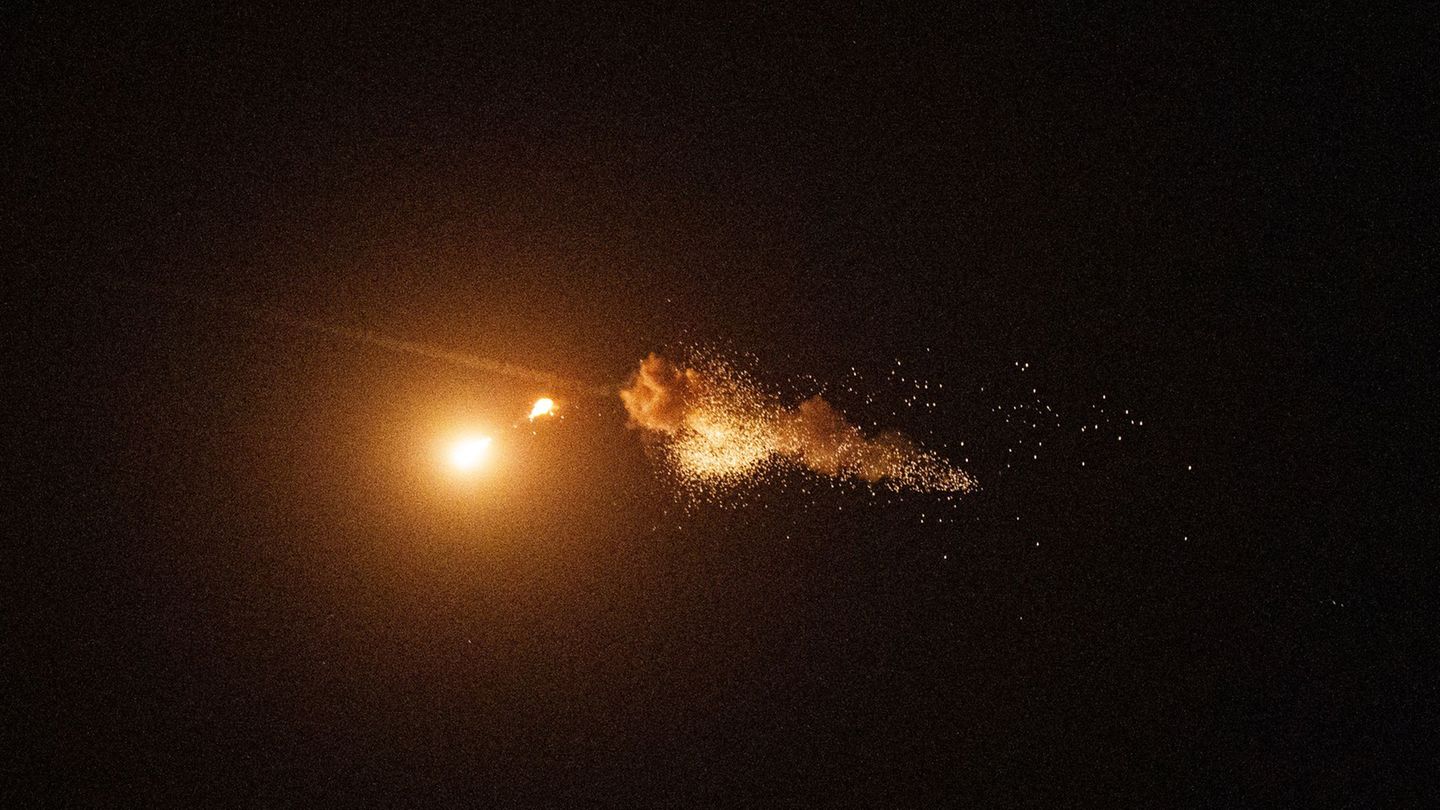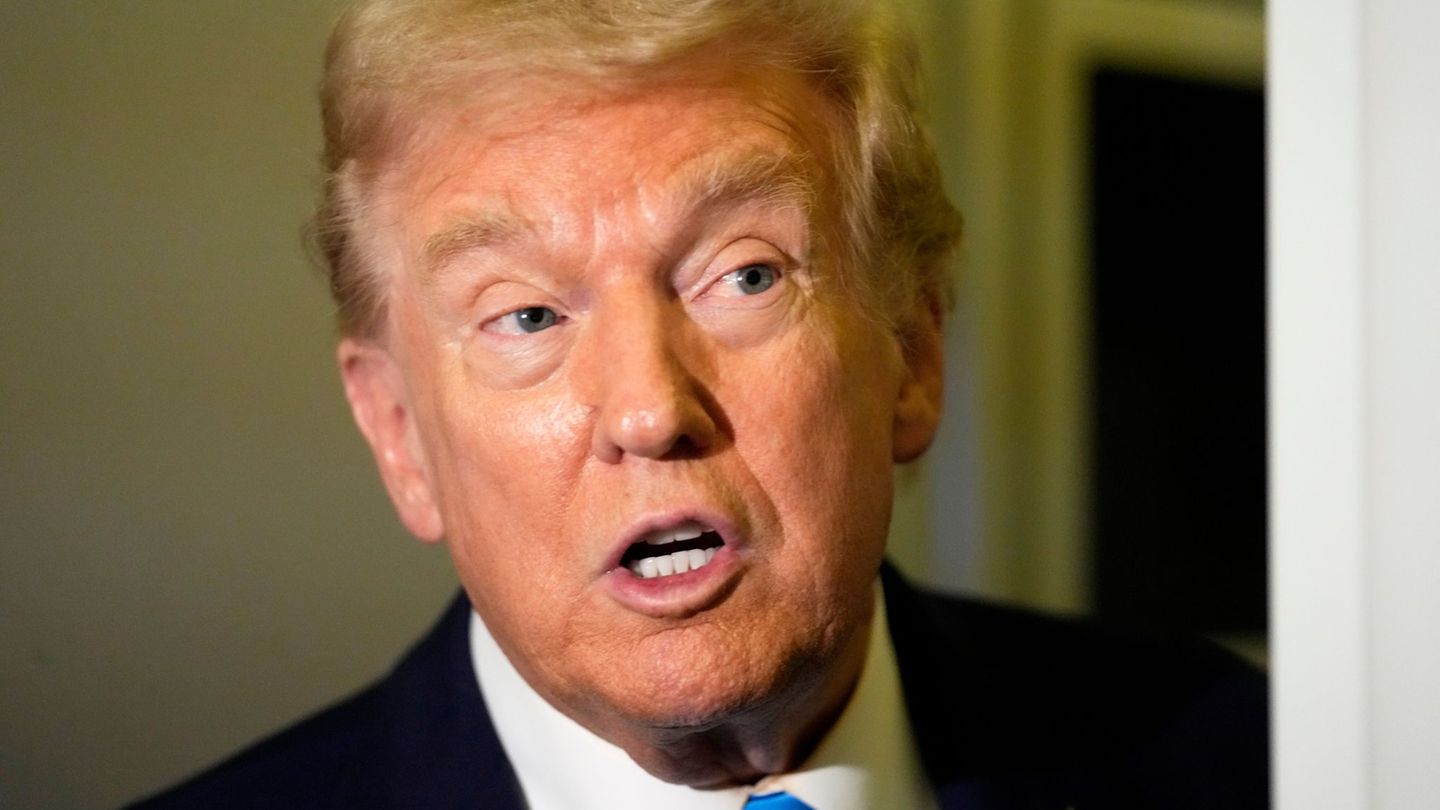“All those who have surrendered to the leadership of Mauricio Macri agree in assigning him a distinctive attribute, with which they tend to largely explain many of the successes achieved in the different facets of his life. They say that he is a lucky man (October 1, 2018 ”, Claudio Jacquelin, LA NACION)
Thank God for Argentines, although the social situation in the country was much more critical than in 2001, President Macri’s “luck” was better than Fernando De la Rúa’s. Everything was prepared for the most serious economic and social crisis to break out since the end of Convertibility and the default. But this had been tolerated and contained by the hope generated by the defeat of Cambiemos in the PASO, by just over 15 points.
That was the most important reason that would forge the hope of a real change in public policies. The part of the good sense, moderation and restraint of the hecatomb, came from the 2019 winning political space: unionism and social movements, who contributed together with the media, so that the government of President Macri did not end like that of Fernando De la Rua. In terms of unemployment, the presidential term limit was close to 10%, around 40% poverty, very low level of reserves, technically the country was in selective default, according to S&P and, the debt/GDP ratio doubled the number at the end of Cristina Kirchner, in a little less than 4 years.
In the world crisis of the thirties, unemployment in Argentina reached 13%. For the first time in Argentine history, in 2001 there were several million people suffering from hunger. This was the second time in less than 20 years, and for this reason a Food Emergency Law, voted by the same ruling party. Unprecedented situations in a country that in 2001 produced food for 300 million people, Argentina produced food for 400 million, according to President Macri.
After the explosion of the dollar, during the first quarter of 2002, average inflation had exceeded 20% -less than in the last six months of 2019-. After the outbreak and not before, the basic family basket, which was carried by both INDEC and consumer associations, accounted for increases of between 50% and 60% in the price of basic consumption for an average family, where the weight of food was very relevant.
But in the case of the subsistence basket, which was consumed by the 14% of the population that was in indigence or extreme poverty, the situation was really critical. This basket, which was made up of 80% basic foods and 20% medicines, constituted the only consumption of the sectors with the lowest income. Those who bought only basic food and some medicines -the sector’s chambers reported an increase of 120% in their average price- who were the poorest, those who had endured higher inflation.
A month before the end of 2019, all Macri’s indicators were a nightmare. The devaluation in just 4 years exceeded 550% and countless elementary medicines exceeded the devaluation. In 2001/2002, this was the most critical variable in social terms and the one that could lead to a more violent outbreak, to the extent that inflation continued to rise, without the economy reactivating. It only remains to conjecture what would have happened in 2020 with the plan: “the same, but faster” (Macri). It was easy to understand when they said: “we lost, but we won”.
The possibility that Macri would continue and a deepening of the recession took place, It was going to put Argentina at risk of a violent, aggravated social outbreak, compared to what we had been seeing in Piñera’s Chile. “Victims of eye injuries in Chile announce that they will sue President Sebastián Piñera. There are more than 230 affected and two people have been completely blinded by pellet shots from the security forces during the protests… The social outbreak enters its sixth week without signs of solution and with riots on a daily basis, while the economy suffers. The Chilean peso registered a historic collapse on Thursday, which led the Central Bank to carry out the largest intervention in two decades in the foreign exchange market.” (Euronews, 11/29/2019).
The best macroeconomic numbers in Latin America in Chile, displayed as a banner of “what should be done”, succumbed.
While political instability subsisted in Venezuela, Ecuador left scars, and in Colombia the guerrillas had lasted 70 years. Lula free and Bolsonaro loose, the situation in Brazil was also beginning to worry, in the midst of the Chilean catastrophe and the Bolivian coup.
No one could accuse the government of Evo Morales of misgoverning Bolivia. According to data from ECLAC, the economy had grown on average by 4.9%, almost doubling its size from 16 billion dollars in 2005 to 29 billion dollars in 2018. Per capita GDP rose 50%, this was 1,725 dollars in 2005 to 2,586 in 2018. Something was happening in the region, the coup d’état in Bolivia, it was with furious fires in the houses of officials.
“We repudiate the support of the government of the former president of Argentina, Mauricio Macri, for the coup that we experienced in 2019 in the Plurinational State of Bolivia. Sending war materiel to repress the Bolivian people contravenes international standards,” the ruler of the highland country, Luis Arce, said on Twitter. The current president of Argentina, Alberto Fernández – who took office at the end of 2019 after defeating Macri in the elections – publicly apologized on behalf of the country for the sale of weapons (La Tercera, 7/8/2021).
At the same time that South America showed a complex social situation, in Macri-Bullrich’s Argentina a social crisis with repression would have broken out, without precedents.
In 2019 thanks to the social containment policies initiated by Duhalde and Néstor Kirchner; the outgoing governor (María Eugenia Vidal) was safein a highly indebted province that destroyed jobs and SMEs, exceeding the unemployment average at the national level.
The risk on the horizon: “we will do the same, but faster”, in the midst of an exacerbated rift as an electoral strategy, plus an undeniable xenophobic outbreak, was more than risky. In Argentina 2019, the unemployment figures and the lack of a clear political horizon for resolving the crisis, they ended the farce of the “best team of the last fifty years”. Macri, experiencing the paradoxical defeat that made him so angry, had been provided with an immeasurable and providential escape in the midst of the flames. The panorama could be virulent.
Director of the Hope Foundation. https://fundacionesperanza.com.ar/ Graduate Professor UBA and Masters in private universities. Master in International Economic Policy, Doctor in Political Science, author of 6 books
Source: Ambito
David William is a talented author who has made a name for himself in the world of writing. He is a professional author who writes on a wide range of topics, from general interest to opinion news. David is currently working as a writer at 24 hours worlds where he brings his unique perspective and in-depth research to his articles, making them both informative and engaging.




